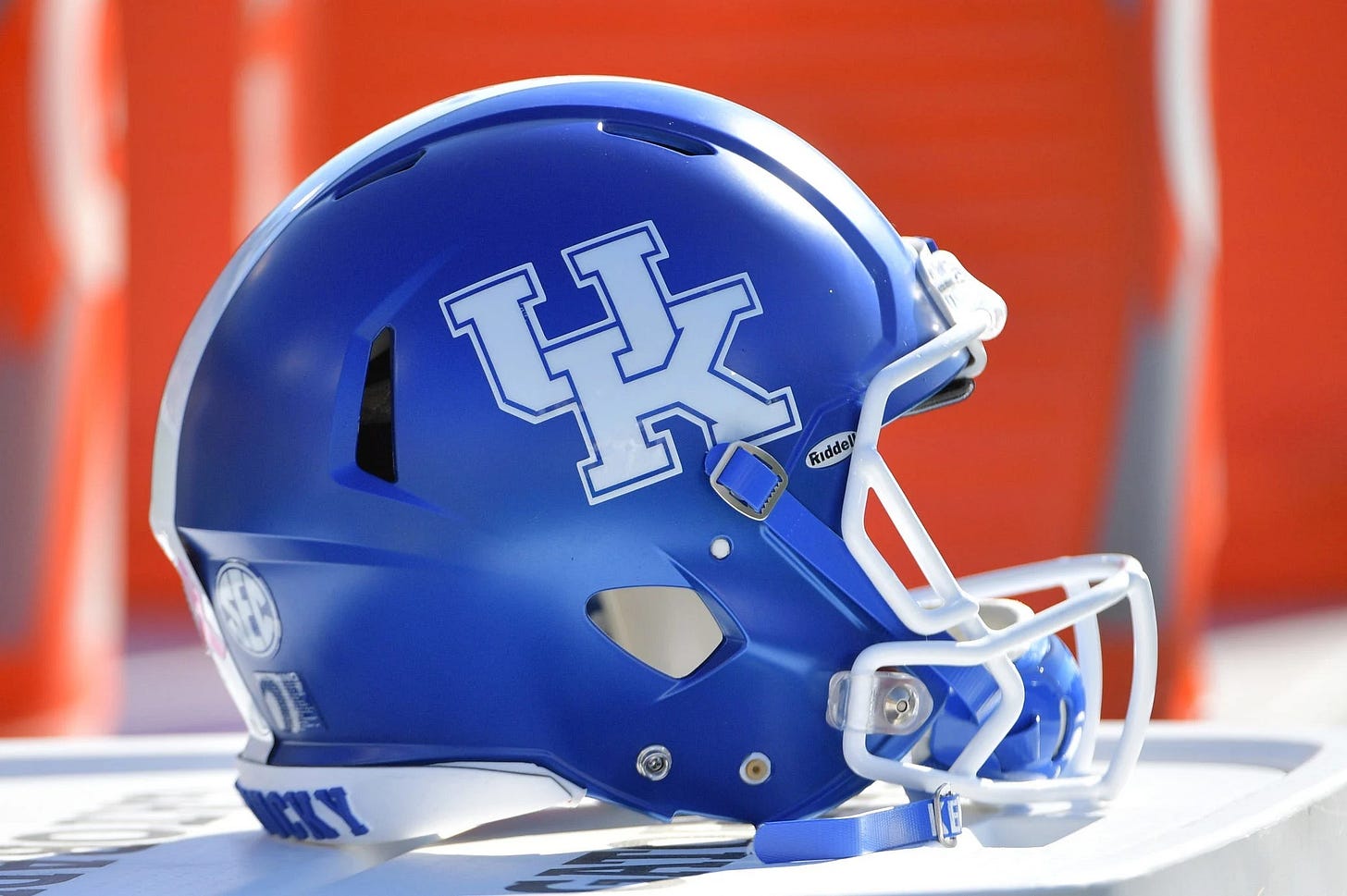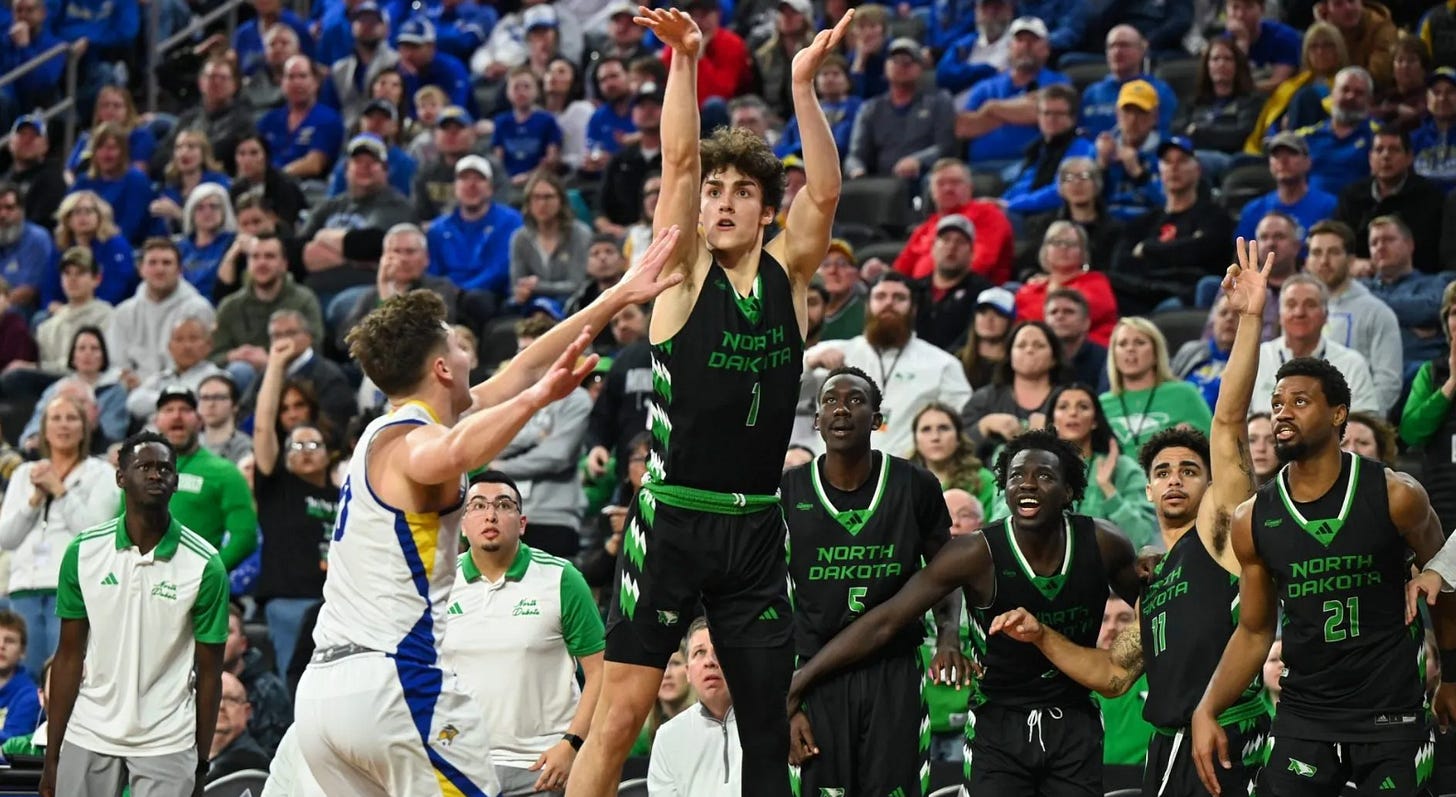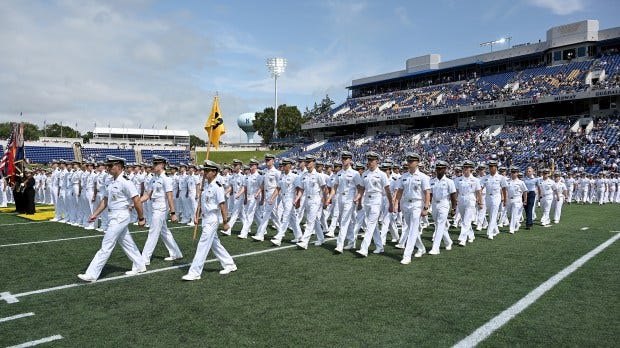Zakai Zeigler’s Fifth-Year Bid Blocked, Kentucky Scrambles for $141M, Title IX Appeal Targets House Settlement & NCAA Takes On the Marines | NIL Newsletter #337
Welcome to the NIL Newsletter by Optimum Sports Consulting - providing valuable, actionable NIL resources for athletes, administrators, agencies and other sport professionals.
Keep up to date on all of our newsletters and content by checking out past Optimum Sports Consulting Newsletters and following us on Twitter!
This Monday Newsletter Includes:
1. Zeigler Injunction Denied
2. Kentucky Borrows $141 M to Fund Revenue-Sharing Era
3. First Title IX Appeal of House Settlement
4. NCAA Sues Over “March Mania” Trademark
5. What’s Coming Up for NIL
🏆Major News
Zakai Zeigler Denied Fifth Year, Legal Battle Continues
On June 12, U.S. District Judge Katherine Crytzer denied Tennessee point guard Zakai Zeigler’s request for a preliminary injunction to play a fifth year of Division I basketball.
Zeigler’s legal team argued that the NCAA’s four-seasons-in-five-years rule violated the Sherman Act and Tennessee’s Trade Practices Act, citing $2–$4 million in lost NIL opportunity.
Judge Crytzer ruled Zeigler is unlikely to succeed on the merits, stating, “This Court is a court of law, not policy.”
The court found that any economic harm could be remedied with monetary damages and highlighted the disruption an injunction might cause to current athletes and recruits.
Zeigler’s attorneys, pointing to the NCAA’s new House settlement compensation model, view this as just the first chapter in a broader legal challenge.
Kentucky Athletics Borrows $141M to Bridge the House Era
Facing a projected $31M deficit, the University of Kentucky approved $141M in internal loans—$31M to cover operating costs and $110M for capital investments.
The loans support a nonprofit restructuring under the new “Champions Blue LLC,” enabling athletics to operate with more financial and legal flexibility.
Major capital improvements include: $15M for Kroger Field maintenance, $13M for suite/elevator renovations, $5M for softball/soccer, and $8M for a West End Zone Club and Wi-Fi upgrades.
This structure helps UK pursue public-private partnerships without threatening its tax-exempt bond status or Title IX compliance.
Other schools may follow UK’s “holding company” model, but will face challenges including bond covenants, open records laws, and NCAA bylaws.
📌Other Notable Stories to Follow
MSU’s New AD Must Answer to the College Sports Commission (CSC). Michigan State’s six-year, $12.6 M contract with J Batt compels him to “cooperate fully” with CSC investigations — the first employment deal to reference the House-created enforcement body, underscoring how quickly the CSC language is permeating campus contracts. 🔗LINK
Non-Power Conferences are Still in the Dark. At NACDA, administrators outside the Power 5 said they lacked guidance on roster limits, NIL Go procedures, and enforcement penalties even after the settlement’s approval; the opt-in deadline has now slid to June 30. 🔗LINK
$1M Wide Receiver Sweepstakes. Five-star 2026 WR Tristen Keys (LSU commit) is entertaining visits to Auburn, Miami, Texas A&M, and others, with On3 projecting a freshman-year NIL package between $500K and $1M. Keys also inked an Adidas deal and engaged agent Bus Cook for advice. 🔗LINK
📅What’s Coming Up Next for NIL
June 13-22: Men’s College World Series, Omaha (first ABC Saturday slot)
July 1: Anticipated effective date for House settlement rules and new Texas NIL law; payroll systems go live
July 1: Florida's new law capping agent commissions at 5% of NIL earnings becomes effective
July 26: EA Sports to release "College Football 26" with increased NIL compensation for players
⚖️Legal Updates
House Settlement Faces First Title IX Appeal
Eight female athletes have filed a Ninth Circuit appeal challenging Judge Wilken’s approval of the $2.8B House settlement.
Their core argument: allocating over 90% of back-pay damages to male athletes (primarily from football and men’s basketball) violates Title IX.
Judge Wilken rejected the claim as being outside the scope of the antitrust case, but the appeal argues this exclusion is improper.
If successful, the appeal could cause some serious issues.
For example, it could delay retroactive payments by 12–18 months or more.
Moreover, it could also force gender-adjusted damages in future antitrust settlements.
Lastly, it will open the door for new Title IX litigation against schools paying male athletes disproportionately under the new $20.5M cap.
NCAA Opens “March Mania” Trademark War With the U.S. Marine Corps
On June 11, the NCAA filed a trademark cancellation petition against the U.S. Marine Corps’ “Sousa’s March Mania,” a 32-team musical-march tournament.
The NCAA argues the mark is confusingly similar to its “March Madness” brand, citing the synonymous use of “mania” and “madness.”
Key legal issues include blurring, confusion, and public optics.
Dilution by blurring: The NCAA claims “March Mania” weakens the uniqueness of the “March Madness” brand.
Likelihood of confusion: Same time of year, same tournament format, and similar name may lead consumers to believe the events are related.
Public optics: Suing the Marines risks a PR backlash—this case could test the limits of aggressive trademark enforcement.
The Marines have 40 days to respond; litigation in the TTAB may last 12–18 months.
Thanks for Reading!
Keep up to date on all of our newsletters and content by checking out past Optimum Sports Consulting Newsletters and following us on Twitter!









